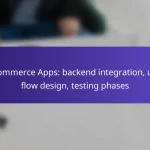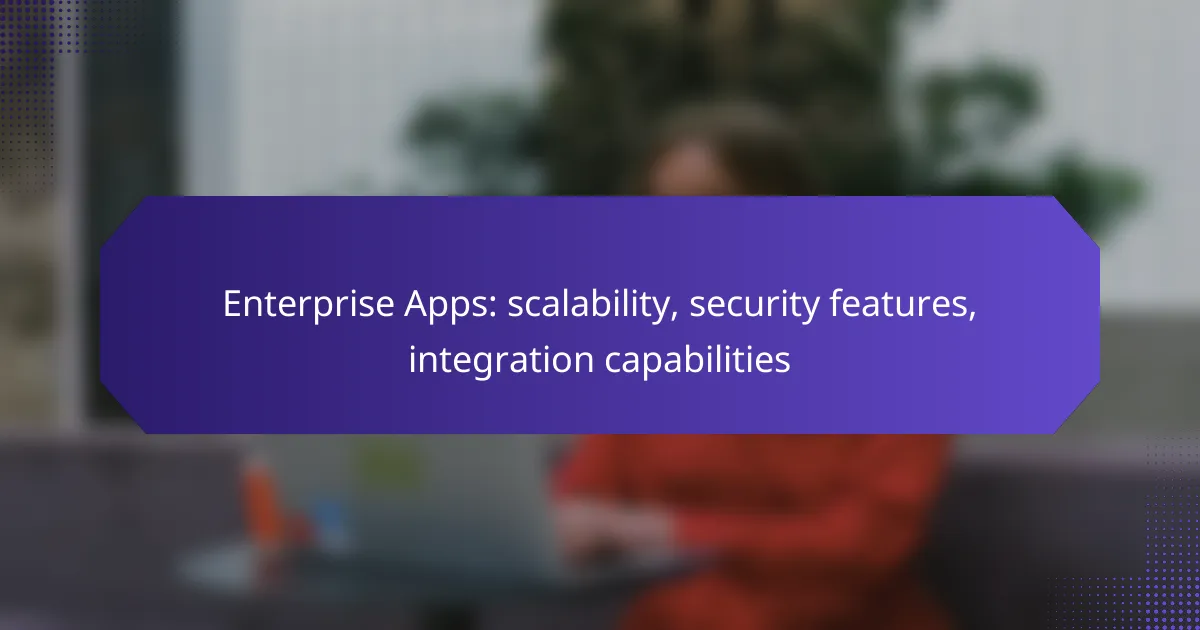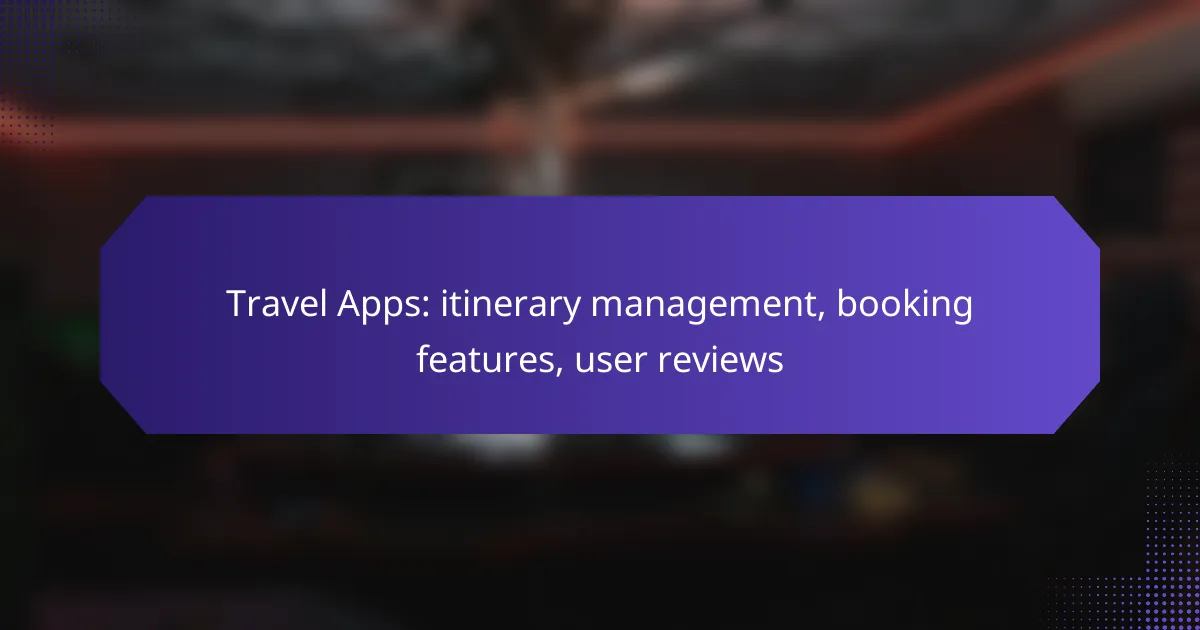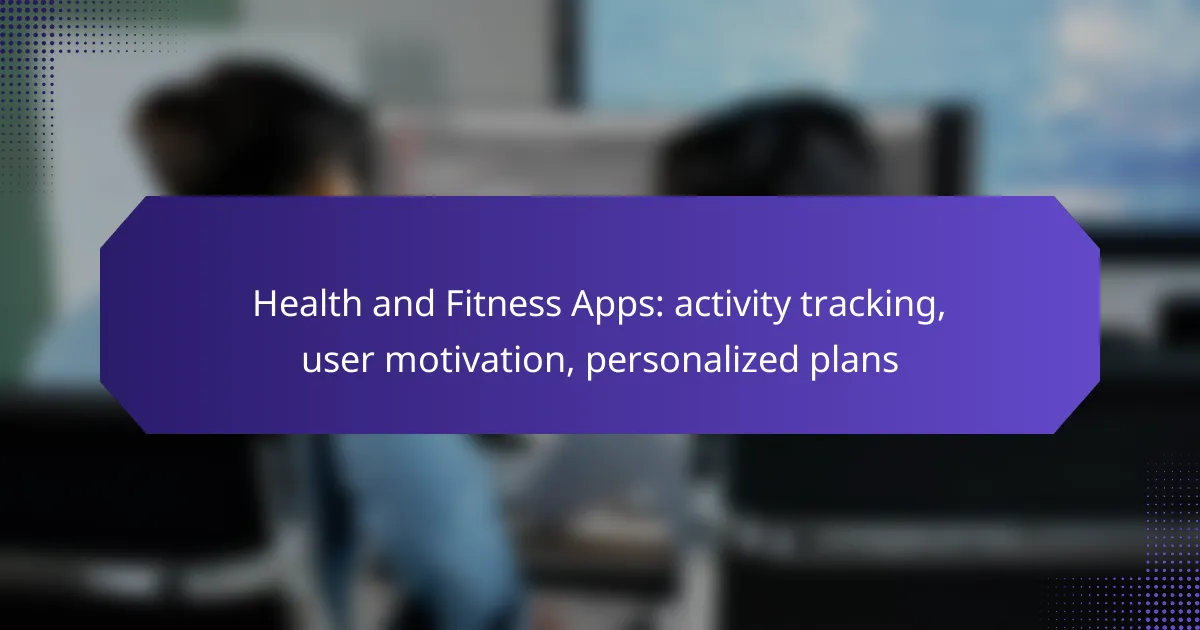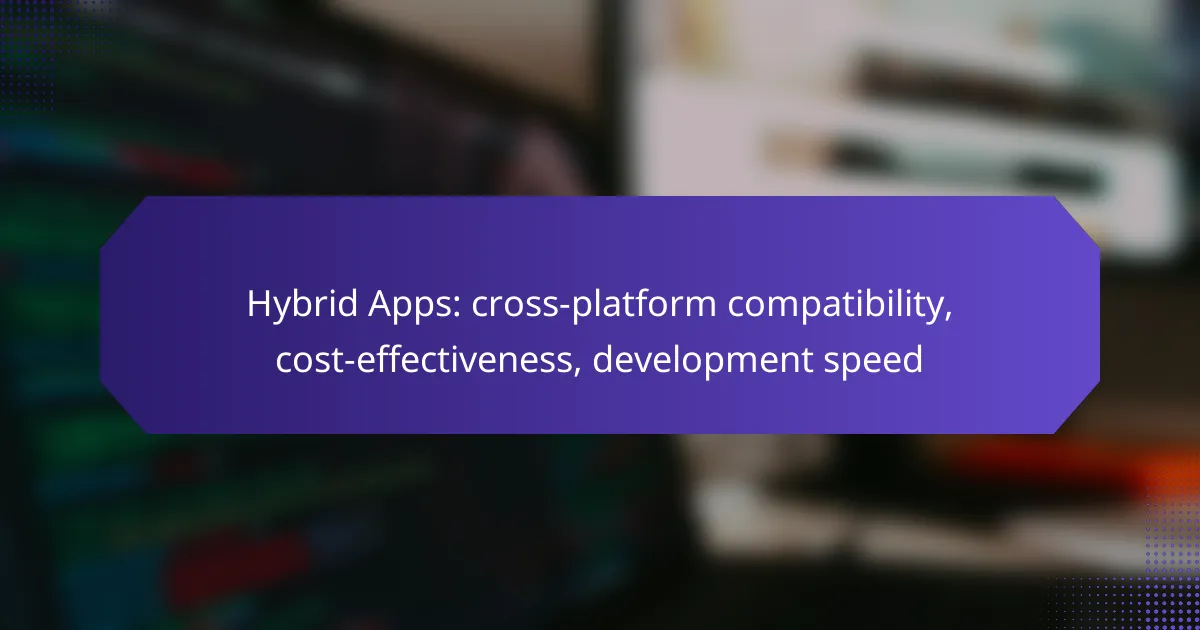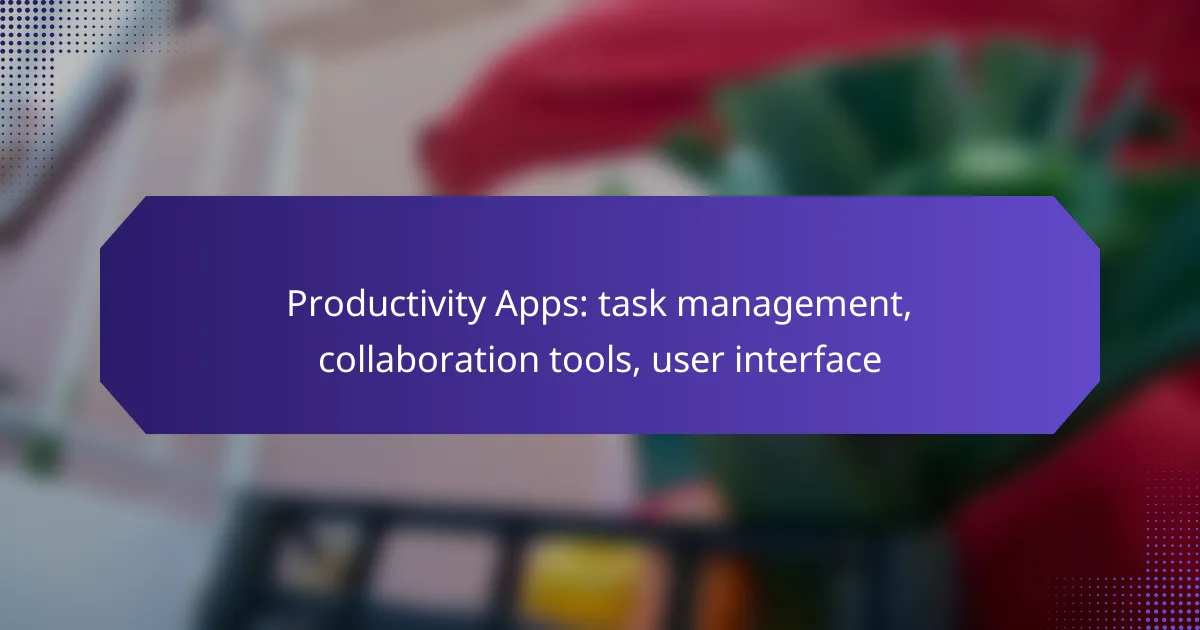Enterprise applications are essential for businesses seeking to enhance scalability, security, and integration capabilities. These apps are designed to grow alongside business demands, ensuring performance remains consistent even under increased workloads. With robust security features like data encryption and user authentication, they protect sensitive information while facilitating seamless integration with existing systems and third-party applications.
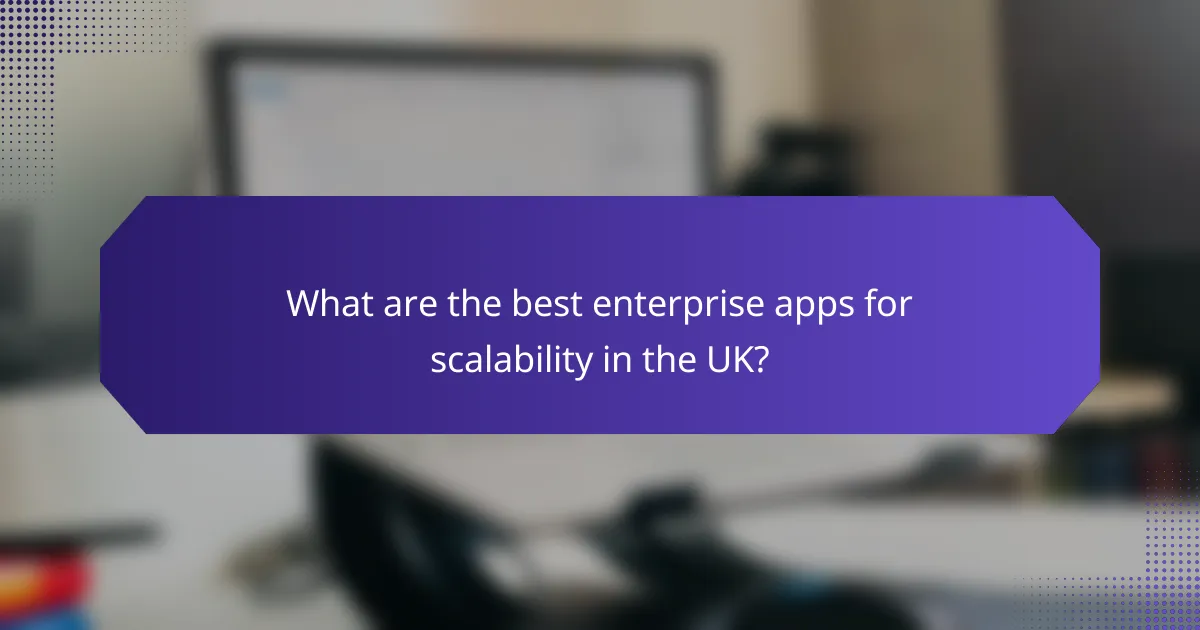
What are the best enterprise apps for scalability in the UK?
The best enterprise apps for scalability in the UK include solutions that can efficiently expand to meet growing business demands while maintaining performance. Key factors to consider are the app’s ability to handle increased workloads, integrate with existing systems, and ensure robust security features.
Salesforce for CRM scalability
Salesforce is a leading customer relationship management (CRM) platform known for its scalability. It allows businesses to easily add users and features as they grow, accommodating everything from small teams to large enterprises.
With its cloud-based architecture, Salesforce can handle large volumes of customer data and interactions without compromising performance. Companies can leverage its extensive ecosystem of apps and integrations to tailor the platform to their specific needs.
Microsoft Azure for cloud scalability
Microsoft Azure offers scalable cloud services that support a wide range of applications and workloads. Businesses can quickly scale resources up or down based on demand, making it ideal for fluctuating workloads.
Azure’s pay-as-you-go pricing model allows companies in the UK to manage costs effectively while ensuring they have the necessary resources available. Its global data centers also provide redundancy and reliability, enhancing overall performance.
Oracle NetSuite for ERP scalability
Oracle NetSuite is a comprehensive enterprise resource planning (ERP) solution designed for scalability. It supports businesses of various sizes by providing a unified platform for financials, CRM, and e-commerce.
NetSuite’s cloud-based infrastructure allows organizations to scale operations seamlessly, adding new functionalities as needed. Companies can benefit from real-time data insights and automation features, which help streamline processes and improve efficiency.
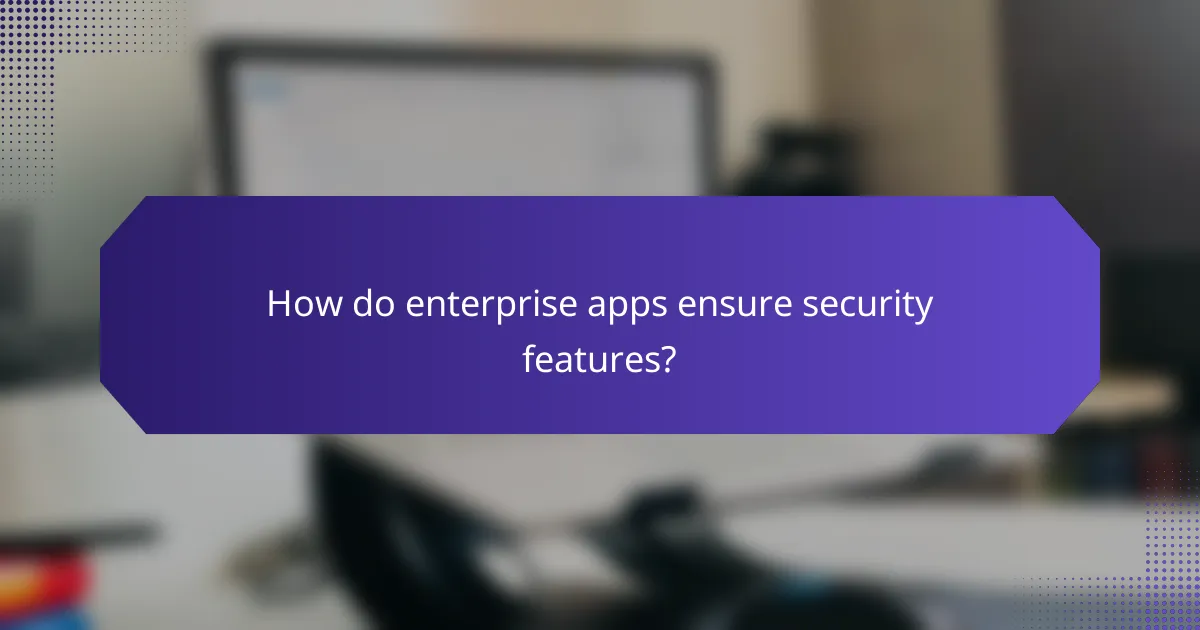
How do enterprise apps ensure security features?
Enterprise apps implement security features through a combination of data encryption, user authentication, and compliance with regulations. These measures protect sensitive information and ensure that only authorized users can access critical systems.
Data encryption in SAP applications
SAP applications utilize data encryption to safeguard information both at rest and in transit. This means that sensitive data stored on servers and data being transmitted over networks are encoded, making it unreadable to unauthorized users.
Typically, SAP employs strong encryption standards such as AES (Advanced Encryption Standard) with key lengths of 128, 192, or 256 bits. Organizations should regularly review their encryption protocols to ensure they meet current security best practices.
Multi-factor authentication in Google Workspace
Google Workspace enhances security through multi-factor authentication (MFA), which requires users to provide two or more verification factors to gain access. This adds an extra layer of protection beyond just a password.
Common MFA methods include SMS codes, authentication apps, or hardware tokens. Implementing MFA can significantly reduce the risk of unauthorized access, especially for accounts containing sensitive business information.
Compliance with GDPR in enterprise software
Compliance with the General Data Protection Regulation (GDPR) is crucial for enterprise software that handles personal data of EU citizens. This regulation mandates strict guidelines on data protection and privacy, requiring companies to implement robust security measures.
Enterprise applications must ensure data minimization, user consent, and the right to access personal data. Regular audits and updates to data handling practices can help maintain compliance and avoid hefty fines associated with breaches.
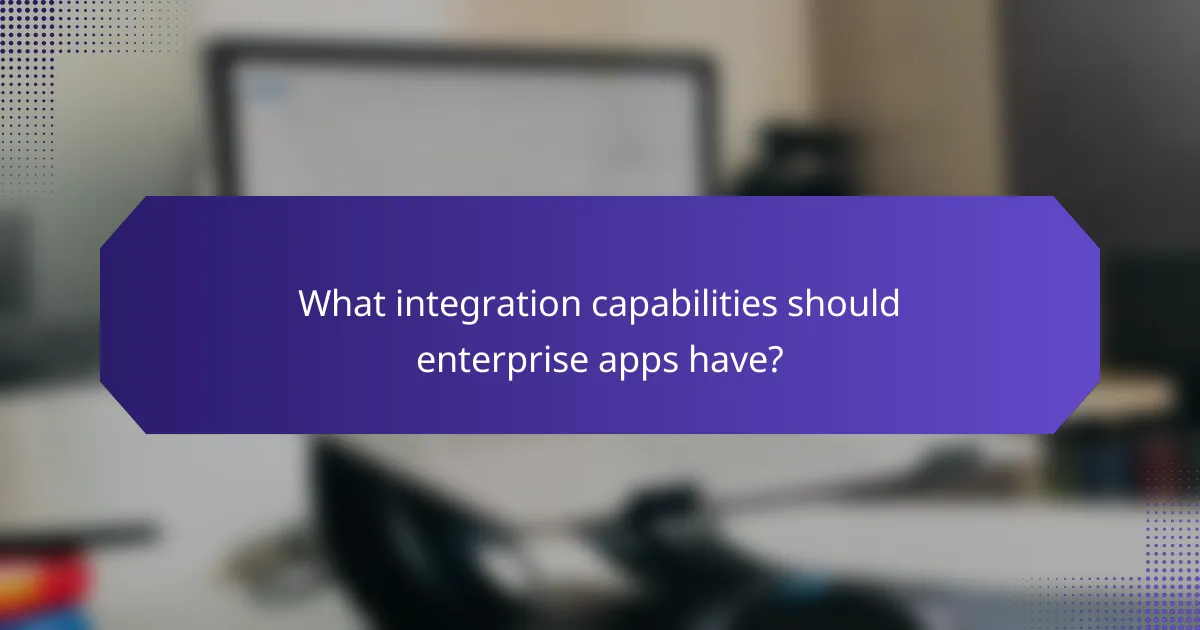
What integration capabilities should enterprise apps have?
Enterprise apps should have robust integration capabilities to connect seamlessly with other systems and tools. Key features include API support, compatibility with third-party applications, and efficient data synchronization to ensure smooth operations and data flow across platforms.
API support in ServiceNow
ServiceNow offers extensive API support, allowing organizations to integrate its functionalities with other applications easily. With REST and SOAP APIs, users can automate workflows and access data programmatically, enhancing operational efficiency.
When implementing API integrations, consider the security protocols in place, such as OAuth for authentication. This ensures that data exchanges remain secure and compliant with industry standards.
Integration with third-party tools in HubSpot
HubSpot provides integration capabilities with a wide range of third-party tools, enhancing its marketing, sales, and customer service functionalities. Users can connect applications like Salesforce, Mailchimp, and Slack to streamline processes and improve collaboration.
To maximize these integrations, utilize HubSpot’s App Marketplace, which features numerous pre-built integrations. This can save time and reduce the complexity of custom development, allowing for quicker deployment of integrated solutions.
Data synchronization in Zoho CRM
Zoho CRM supports data synchronization across various platforms, ensuring that customer data remains consistent and up-to-date. This feature is crucial for organizations that use multiple systems to manage customer relationships.
Implementing data synchronization requires careful planning. Regular updates can be scheduled, and users should monitor for conflicts to maintain data integrity. Utilizing tools like Zoho Flow can automate these processes, reducing manual effort and errors.
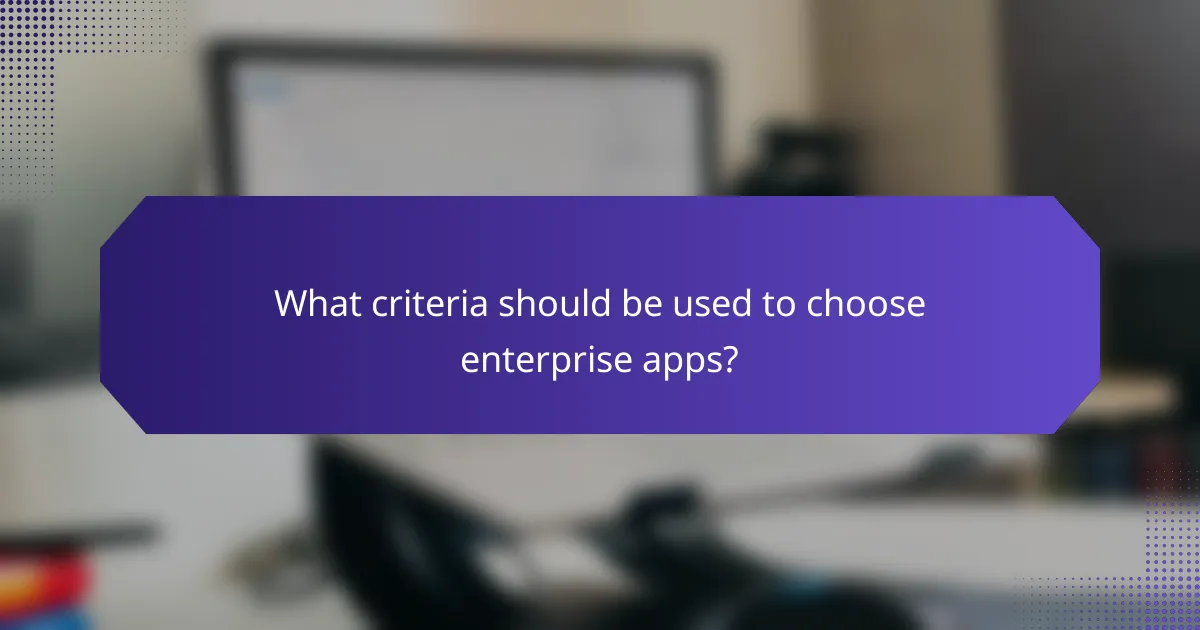
What criteria should be used to choose enterprise apps?
Choosing enterprise apps requires careful consideration of scalability, security features, and integration capabilities. These criteria ensure that the applications can grow with your business, protect sensitive data, and work seamlessly with existing systems.
Scalability requirements
Scalability refers to the app’s ability to handle increased workloads without compromising performance. When evaluating scalability, consider whether the app can support a growing number of users and transactions as your business expands.
Look for cloud-based solutions that offer flexible pricing models, allowing you to scale resources up or down based on demand. For instance, a good enterprise app should manage hundreds to thousands of concurrent users efficiently.
Security compliance standards
Security compliance standards are essential for protecting sensitive business and customer data. Ensure that the enterprise app adheres to recognized standards such as GDPR, HIPAA, or ISO 27001, depending on your industry and location.
Evaluate the app’s security features, including data encryption, user authentication, and regular security audits. A strong security posture can prevent costly data breaches and maintain customer trust.
Integration flexibility
Integration flexibility is crucial for ensuring that the enterprise app can connect with other systems and tools in your organization. Check if the app supports APIs, webhooks, or pre-built connectors for popular software like CRM and ERP systems.
Consider the ease of integration; a well-designed app should allow for smooth data transfer and synchronization. This capability can significantly reduce manual data entry and improve overall operational efficiency.
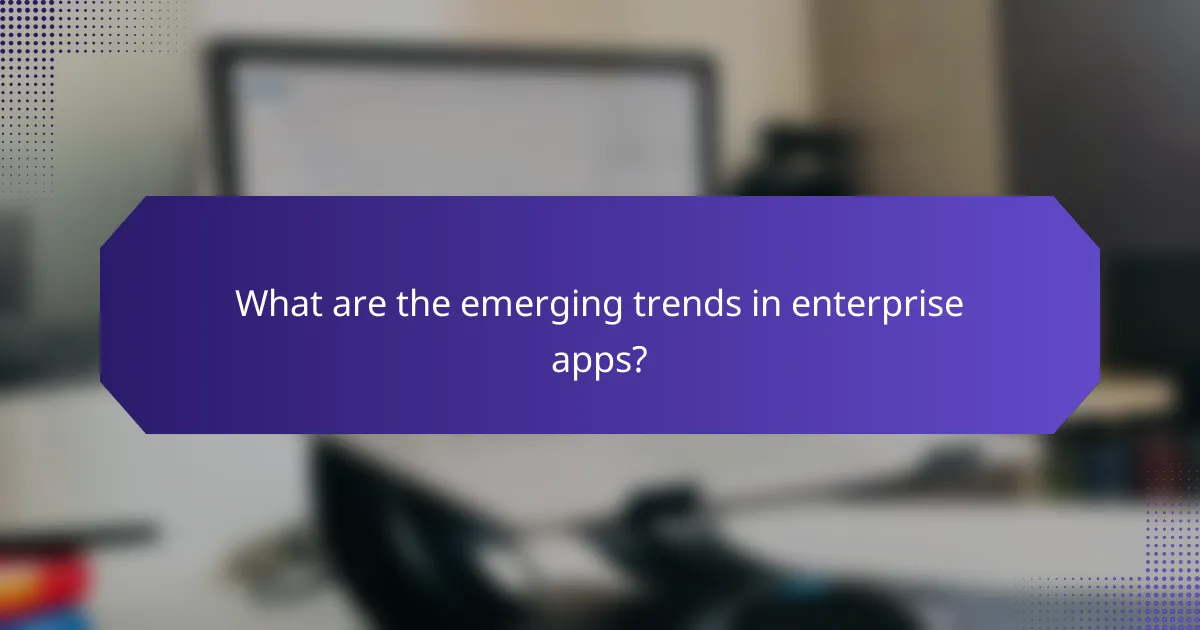
What are the emerging trends in enterprise apps?
Emerging trends in enterprise apps focus on enhancing scalability, security, and integration capabilities. These trends include the adoption of AI-driven analytics and low-code platforms, which streamline processes and improve decision-making.
AI-driven analytics in enterprise software
AI-driven analytics are transforming enterprise software by providing real-time insights and predictive capabilities. These tools analyze large datasets to identify patterns, enabling businesses to make informed decisions quickly.
When implementing AI-driven analytics, consider the integration with existing systems and the quality of data being analyzed. Ensuring data accuracy is crucial for reliable insights. Popular platforms often include features like automated reporting and anomaly detection.
Common pitfalls include over-reliance on AI predictions without human oversight. It’s essential to maintain a balance between automated insights and expert judgment to avoid misinterpretations.
Low-code platforms for rapid deployment
Low-code platforms enable organizations to develop applications quickly with minimal coding expertise. This trend allows businesses to respond swiftly to changing market demands and streamline internal processes.
When using low-code platforms, evaluate the scalability and customization options available. While these platforms can significantly reduce development time, they may limit flexibility for complex applications. Popular tools often support drag-and-drop interfaces and pre-built templates.
To maximize the benefits, ensure that teams are trained in the platform’s capabilities and limitations. Avoid creating overly complex applications that could negate the speed advantages of low-code development.




